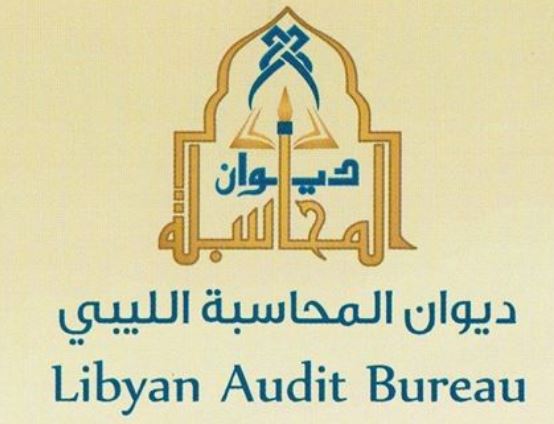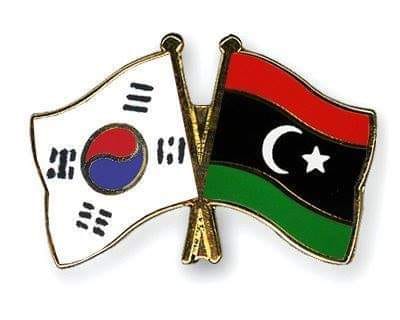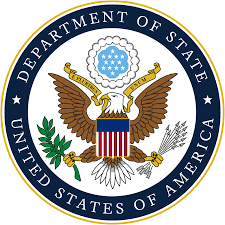Tripoli, 26 April:
A senior government official has suggested there is a real opportunity for economic integration between Libya and her neighbours . . .[restrict]Tunisia and Egypt.
Undersecretary at the Economy and Trade Ministry, Mohammad Ammar Kaddar has maintained that the strength of the three countries depends on their complimentary resources which offered genuine synergies.
His analysis is that Libya, in addition to the wealth from its oil resources, has a small population but a large and highly-educated professional class. Tunisia meanwhile, with some 10.5 million people has a large skilled artisan sector, while for its part Egypt possesses an excess of unskilled labour. Indeed before the revolution there were an estimated 1.5 million Egyptians working here, the majority in jobs that locals did not want to take on.
Kaddar said that it was a question of leadership in the three countries to explore first greater economic integration, via a common market . In due time there might be closer political links.
He added that Libya was open to investment from all over the world, particularly the Middle East. There had already been visits by potential investors from, among other countries, Jordan, Kuwait, Turkey and the UAE. He believed that after the June elections, stability and security would be more firmly established and this would trigger investment decisions.
The economic fundamentals underlying Kaddar’s thinking are very different from the grandiose political motives behind Qaddafi’s union proposals. At various times Qaddafi mooted Libya’s union with Nasser’s Egypt and with Syria, then in 1974 in the Djerba Declaration, with Tunisia and thereafter with Sudan and Chad. All of these were part of his then commitment to Pan-Arabism, the leadership of which movement Qaddafi reckoned he had assumed when his mentor Nasser died in 1970.
[/restrict]










